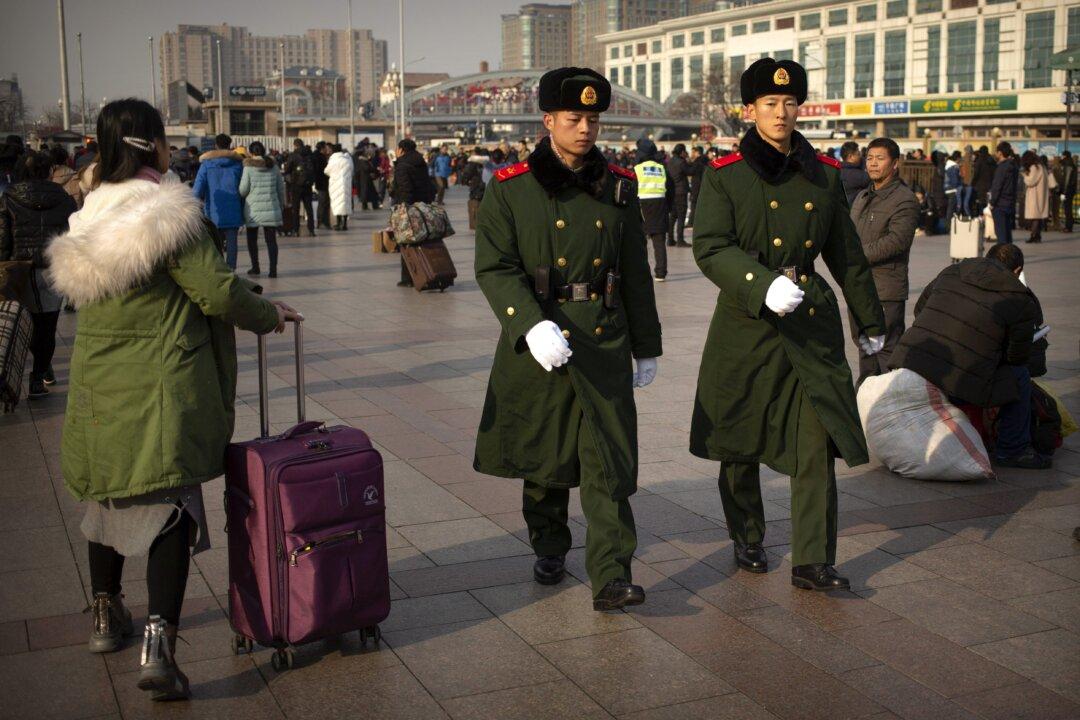Commentary
Extraordinary crises such as pestilence and war invite valuable reflections about the existence of good and evil in the human condition.

Extraordinary crises such as pestilence and war invite valuable reflections about the existence of good and evil in the human condition.